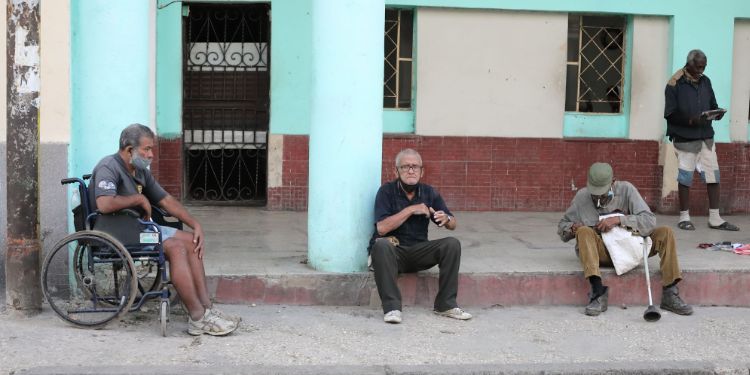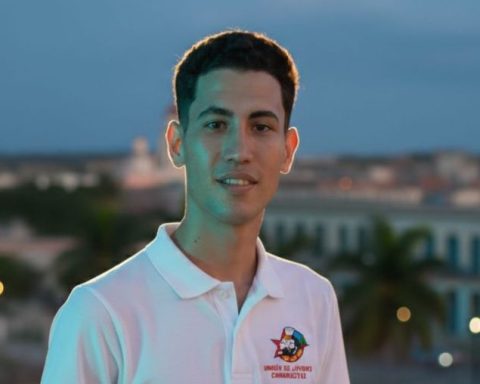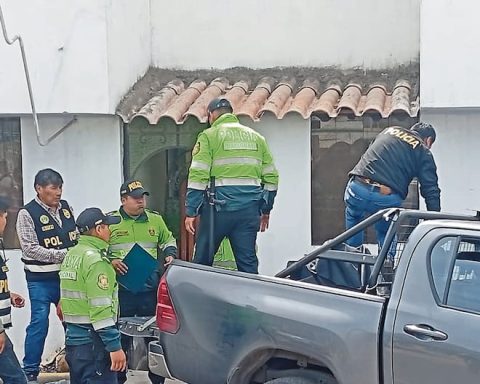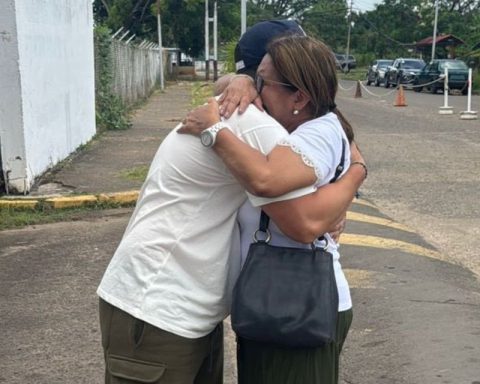MIAMI, United States. – The number of Cubans receiving Social Security benefits skyrocketed in 2021 by 111%, according to data from the 2021 Statistical Yearbook, published by the National Office of Statistics and Information (ONEI).
This increase indicates that thousands of Cubans who previously did not receive help from Social Security now depend on the State to survive, and that the extreme poverty on the island continues to rise.
In a twitter threadthe Cuban economist Pedro Monreal assured that “in the absence of official data on poverty in Cuba, the number of beneficiaries of social assistance could be taken as the quantification of the ‘hard core’ of chronic poverty.”
In this sense, the data, which cannot be considered exhaustive, indicates that 3.6% of the total population of the Island lives in poverty.
“The total level of chronic poverty in Cuba must be higher than the beneficiaries of social assistance, but there is no public information available on a ‘chronic poverty line’ that could include in that category a greater number than the recipients of social assistance. “Monreal specified.
The economist was struck by the fact that “the ‘expenditure for social assistance’ – at constant 2017 prices – fell 53% in the same year that the number of beneficiaries increased 111%. Among several factors that could explain the ‘jump’ of chronic poverty, inflation has been crucial”, he asserted.
For its part, the Cuban regime boasts in international reports of having very few poor: only 16,482 inhabitants in 2019 and 50,000 in 2021 in a country of 11.3 million people. However, the reality is far from the official figures because the Government uses a custom index that allows it to hide the true impact of poverty on the Island.
The Government uses a multifactorial poverty measurement that does not consider the per capita income of the population, that is, in Cuba, to decide if someone lives in poverty, the income they obtain to cover their basic needs does not matter.
The authorities do not use —or publish— poverty by income per capita, justifying it in the existence of universal health and education coverage. However, Latin American countries such as Costa Rica, Uruguay, Argentina, and Chile—which also have universal health and education coverage—do periodically measure and report income poverty.
A non-governmental survey of Cuban households, carried out in June-July 2021 and published on the Statista portalindicates that 71.5% of families in the country live on less than $117 per month, a figure that would place families of three or more members below the threshold of $1.9 per day per person.
These data allow us to affirm that at least 8 million Cubans live in poverty, that is, between 70% and 72% of the population. The high poverty figures coincide with other studies on the subject carried out previously by the Cuban Observatory of Human Rights.
Receive information from CubaNet on your cell phone through WhatsApp. Send us a message with the word “CUBA” on the phone +525545038831, You can also subscribe to our electronic newsletter by giving click here.
















